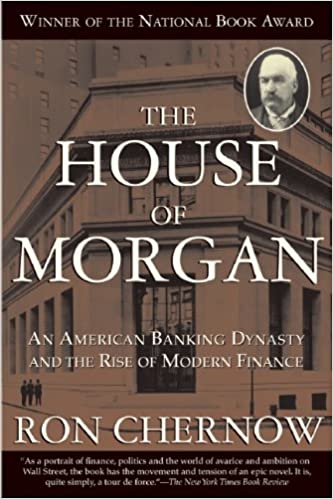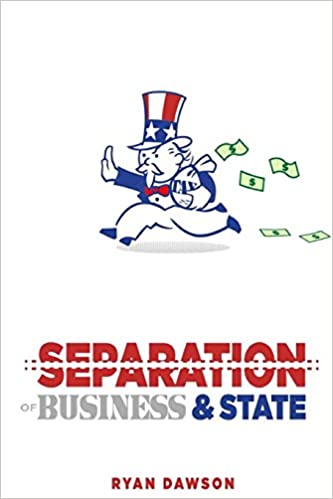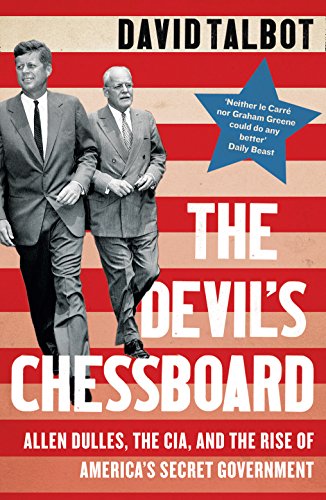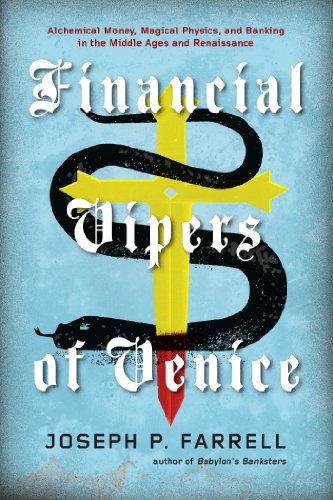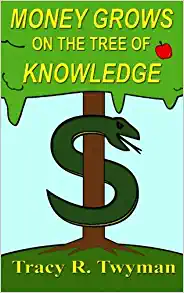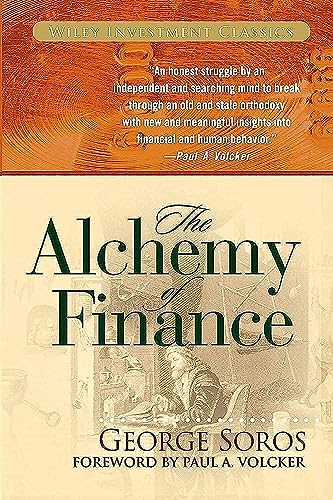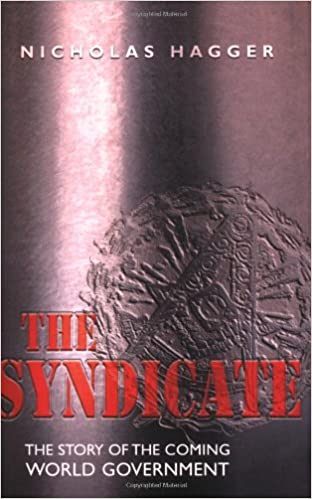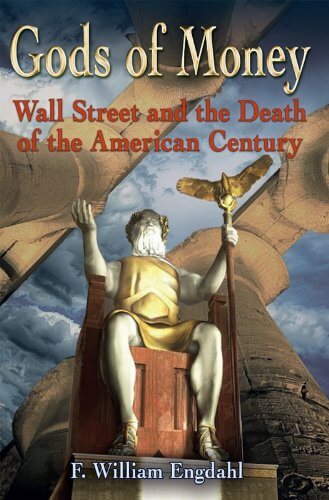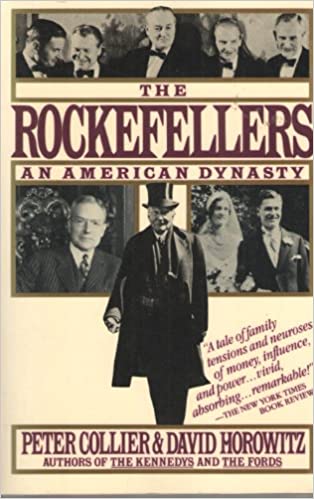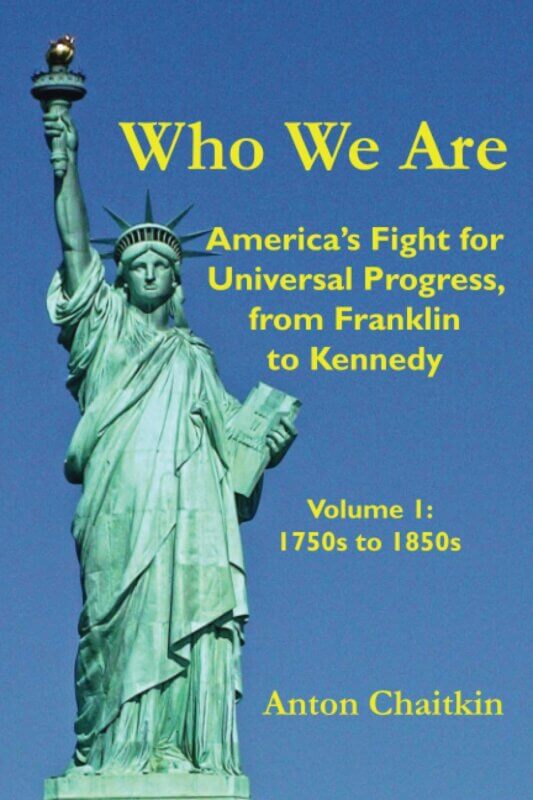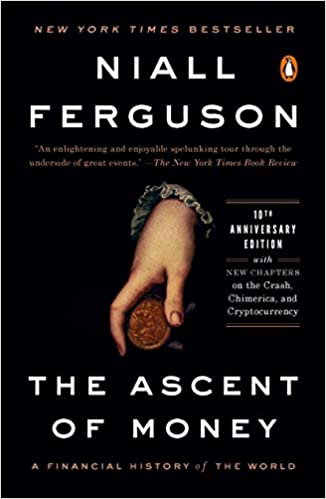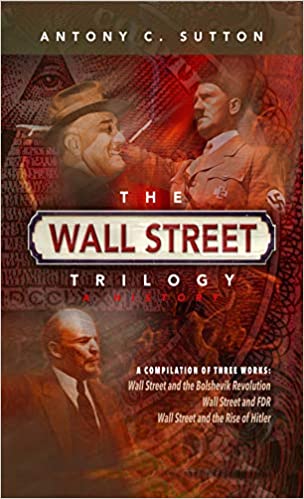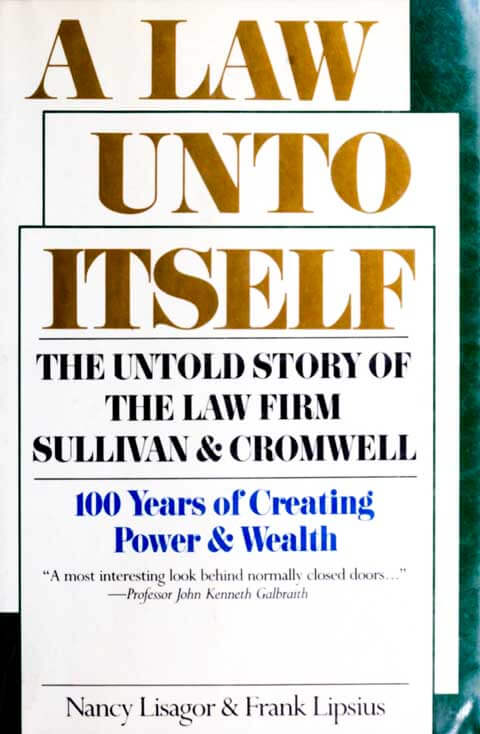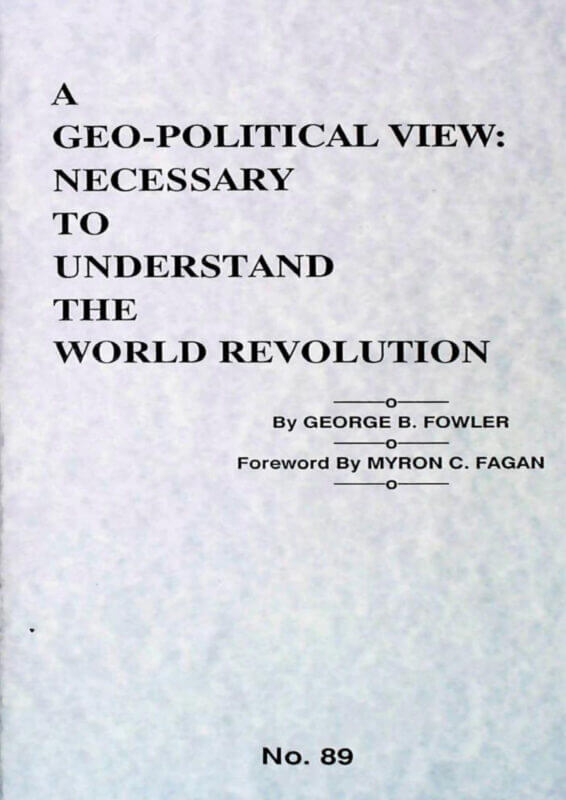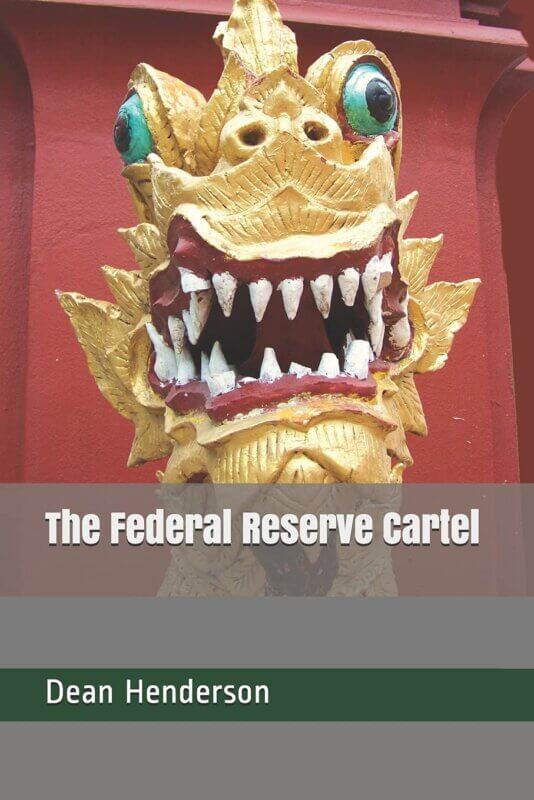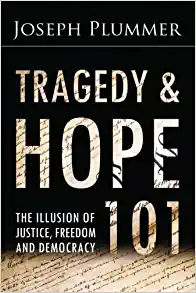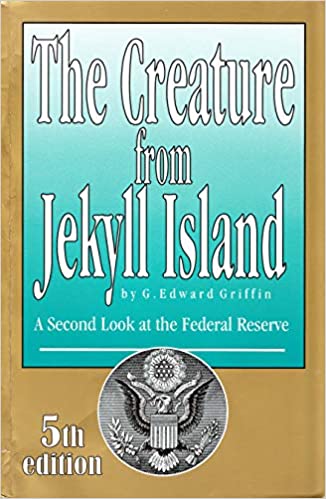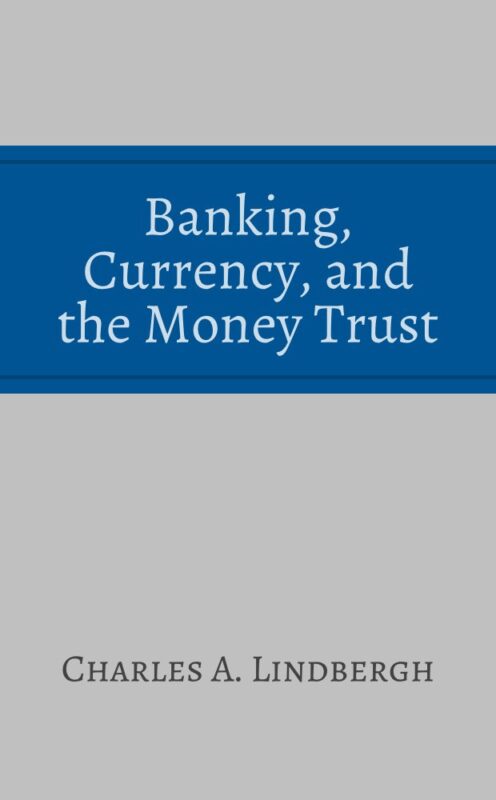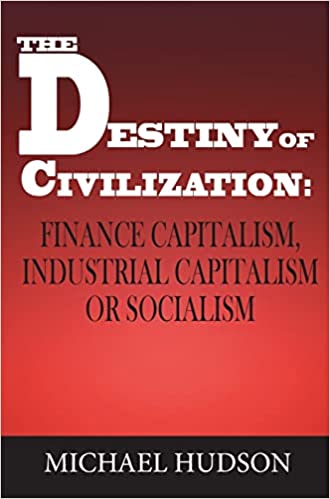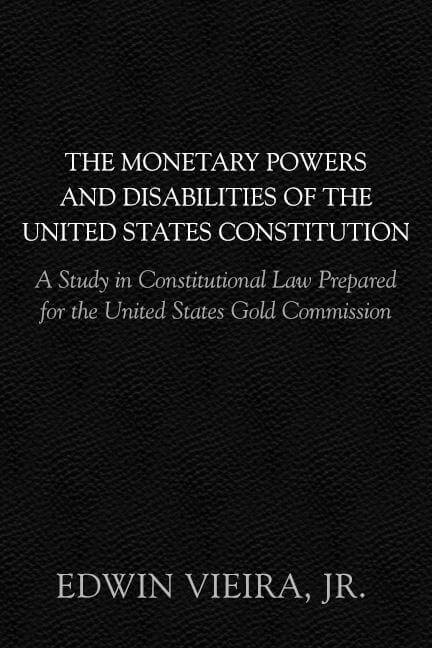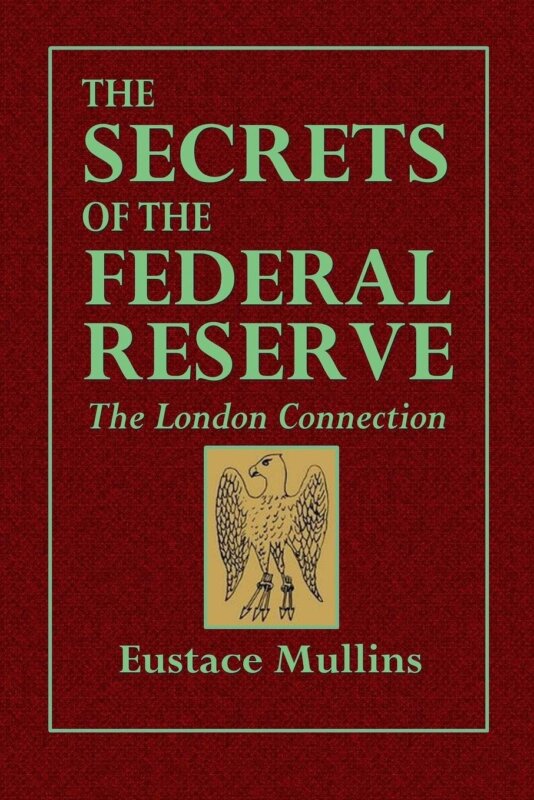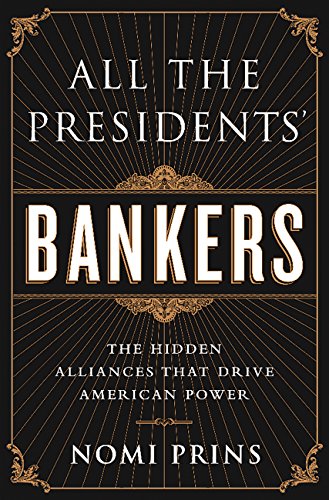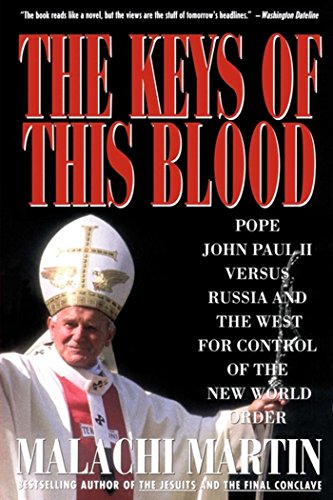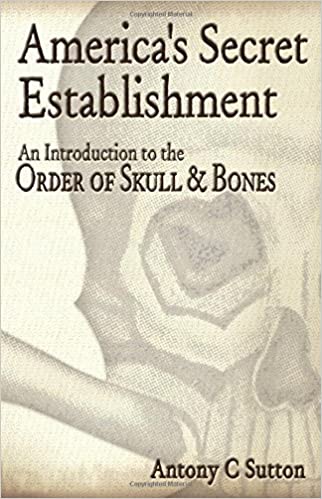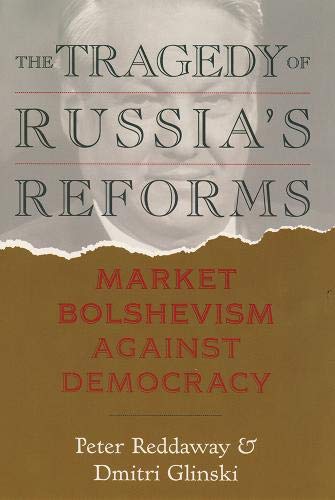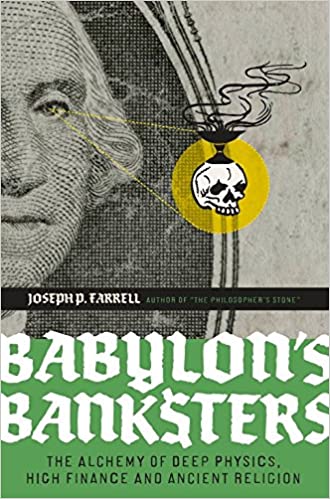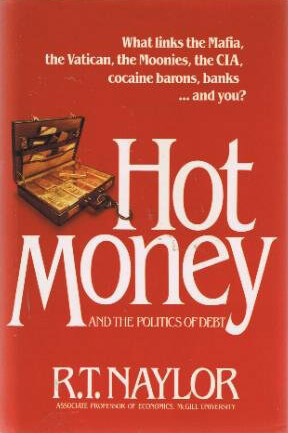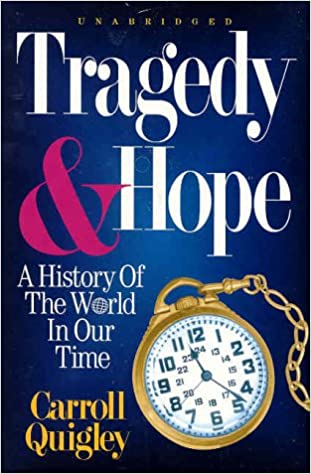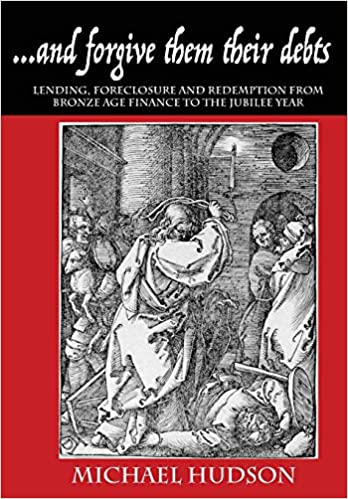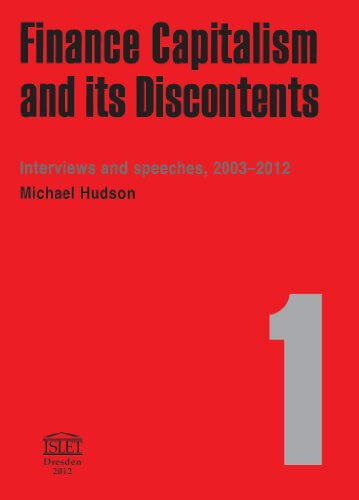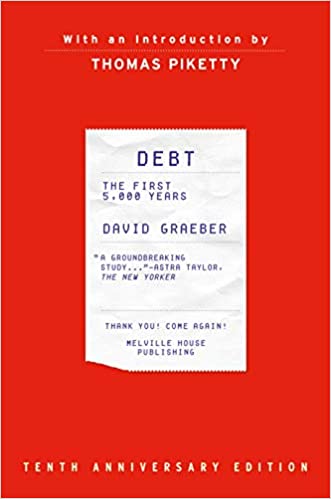
None of the absolutist and reductionist definitions of money that are produced by the dogmatists in the various monetary camps (goldbugs, crypto maximalists, MMTers, government-issued fiat proponents of various stripes) are ultimately satisfactory, and this hefty tome on monetary history and social anthropology helps to explain why. It is refreshing to see some of the old myths about monetary history debunked with actual data (no, there was no mythical era of barter before money was "invented"), and it is equally refreshing to see a nuanced and detailed account of the various functions that money simultaneously serves without that account being dumbed down and shoehorned into the service of one or another monetary orthodoxy. No, I do not agree with all of the positions or causes Graeber advocated during his life, but the vitriol that mention of this book evokes from various dogmatists only speaks in favour of this wide-ranging and multi-faceted look at the actual origins of debt-based money. ~ James Corbett
Every economics textbook says the same thing: Money was invented to replace onerous and complicated barter systems—to relieve ancient people from having to haul their goods to market. The problem with this version of history? There’s not a shred of evidence to support it.
Here anthropologist David Graeber presents a stunning reversal of conventional wisdom. He shows that for more than 5,000 years, since the beginnings of the first agrarian empires, humans have used elaborate credit systems to buy and sell goods—that is, long before the invention of coins or cash. It is in this era, Graeber argues, that we also first encounter a society divided into debtors and creditors.
Graeber shows that arguments about debt and debt forgiveness have been at the center of political debates from Italy to China, as well as sparking innumerable insurrections. He also brilliantly demonstrates that the language of the ancient works of law and religion (words like “guilt,” “sin,” and “redemption”) derive in large part from ancient debates about debt, and shape even our most basic ideas of right and wrong. We are still fighting these battles today without knowing it.
Debt: The First 5,000 Years is a fascinating chronicle of this little known history—as well as how it has defined human history. It shows how debt has defined our human past, and what that means for our economic future.



